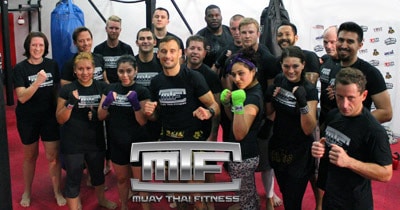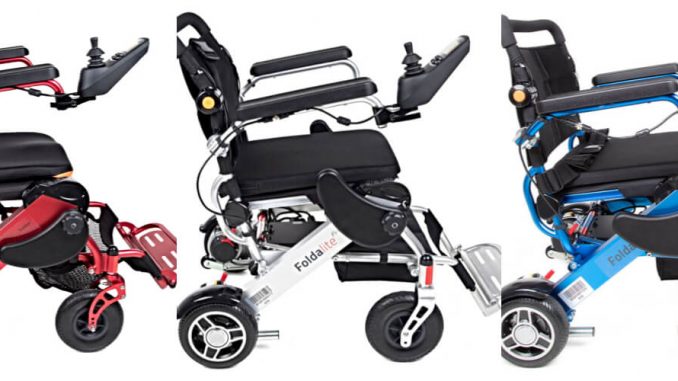Tackle Job Interview Anxiety with 7 Tips and Tricks
Congratulations! You’ve completed the application and have made it to the next stage. Whether in-person or online, an interview is your chance to shine as a potential employee. You’ll have the opportunity to discuss the highlights on your resume and show your potential employers who you are as a person but, more importantly, what makes you a perfect fit for the position.
During an interview, you’ll be evaluated by your potential employer in more ways than one. First impressions matter, so you’ll want to look your best and be fully prepared to deliver a strong performance. All of that is well and good – unless you have anxiety.

Anxiety can creep in unexpectedly, but something as important as a job interview could predictably trigger your nerves. Fortunately, the following tips can help you tackle job interview anxiety, so you make a strong and memorable impression.
- Do your research and create a cheat-sheet.
You can’t anticipate everything that’s going to be asked of you during an interview, but there are certain things you can predict. You can bet that the interviewer will ask questions about your resume and your work experience. You might be asked what you know about the position, and you’ll almost certainly have an opportunity to ask questions of your own. Being prepared is a great way to relieve anxiety, so take advantage of the time you have before an interview to do your research.
Review the company’s website and look for relevant news articles. Brush up on the position requirements and make notes on a copy of your resume that seem applicable. If you don’t want to talk into the interview with a stack of papers, use the empty space on your resume or jot down a few quick things on a small notepad. You can use your “cheat-sheet” to refresh your memory while you wait for your interviewers to call you in and reference them during the interview.
- Learn what you can about your interviewers ahead of time.
Once you’ve received an offer for an interview, it’s important to prepare yourself as best you can. Not only should you take the time to learn about the company but see if you can find out more details about who will be conducting your interview. It never hurts to ask the Human Resources Manager (or whoever is overseeing the process) to give you an idea what the interview might look like and who you should expect to meet. Don’t stress yourself out about memorizing every detail about each of your interviewers but do your best to at least learn their names and positions.
When you arrive for your interview, pay attention during the introductions. If you can, it might help to jot down a note on your cheat-sheet to help you put a face to a name. The simple act of remembering someone’s name makes a good impression and being able to recall other details can only benefit you.
- Take steps to look and feel your best.
Now that you’ve done your research and prepared your cheat-sheet, it’s time to get yourself ready. Make all the copies you’ll need of your resume and other important documents and attach a copy to a blank email so you can fire off a digital copy at a moment’s notice, if appropriate. Make sure you bring a list of your references and their contact information as well as a notepad and pen.
Make sure to treat yourself well in the days leading up to an interview so you’ll be feeling yourself. Avoid the temptation to smother your anxiety in unhealthy food or alcohol and instead focus on getting a good night’s sleep. Pick out an outfit that reflects your personality but is still professional and appropriate for an interview. Make sure everything is clean and pressed and ready to go.
- Think about your answers but don’t memorize them.
As you get yourself ready for your interview, think about some of the questions you might be asked. It’s a bit of a cliché, but many interviews start with a request to tell the interviewers about yourself. Start with a few personal details but don’t get off-track – focus on what brought you to the point of applying for the job and what you hope to accomplish with the company. If there are details you want to highlight from your resume or experience, make note of them on your cheat-sheet so you remember. Practicing your answers in front of a mirror may help calm your nerves, but don’t memorize your answers word-for-word or your response will feel scripted and unauthentic.
- Visualize success on the day of the interview.
No matter how much you prepare, you’ll probably still feel a little nervous on the day of your interview. Rather than giving in to your stress and anxiety, try to visualize your success. It may feel silly but focusing on a mental image of yourself getting the job can put you in the right mindset to improve your performance. At the very least, you may feel a little less nervous.
- Arrive early and give yourself time to relax.
On the day of your interview, make sure you leave with plenty of time to get there early. Whether you’re driving, getting a ride, or taking public transportation, plan to arrive with about 15 minutes to spare. Check in with reception when you arrive then take some time to relax and go over your cheat-sheet. If performance anxiety is a major concern, consider talking to your doctor about a prescription beta-blocker like propranolol to help mitigate physical symptoms.
- Take things one step at a time.
When you’re seated in the manager’s office as he glances over your resume, that’s when the nerves really settle in. Before you let your anxiety kick into high gear, however, take a breath and remind yourself to slow down. You don’t have to answer every question immediately – take a moment to collect your thoughts, if you need it. It can be tempting to fidget as a means of releasing all that pent-up energy, but it might make you look unfocused. If it helps you concentrate to keep moving, try doing something less noticeable like wiggling your toes inside your shoes.
Anxiety aside, you’ve made it to the interview stage for a reason and that’s something you can be proud of. There’s no shame in experiencing a little stress leading up to the interview, but rather than letting it get you down, try to channel that extra energy into excitement. Even if the job doesn’t turn out to be the right fit, every interview you conduct is a learning experience and one that can help grow your confidence over time.












